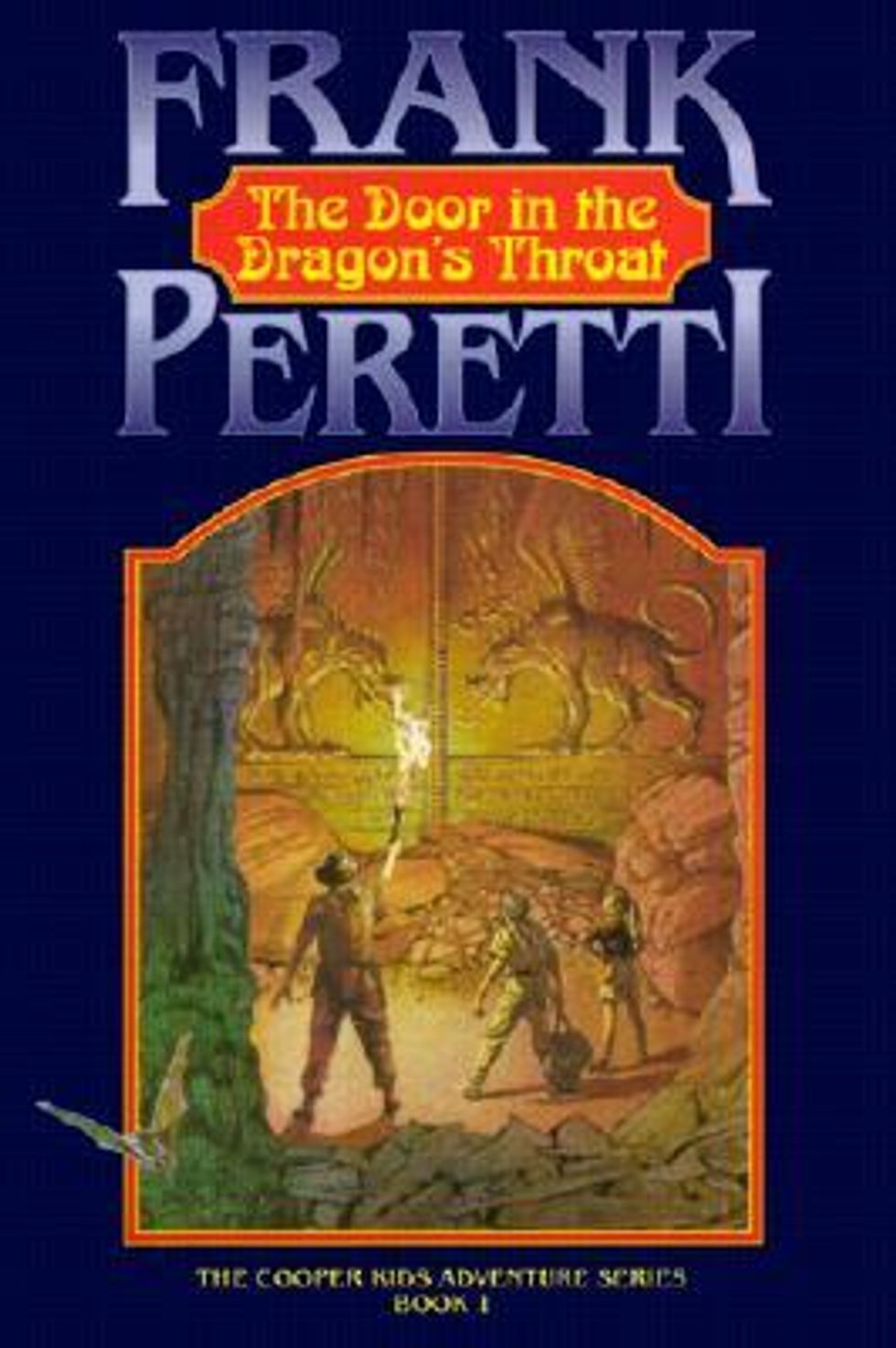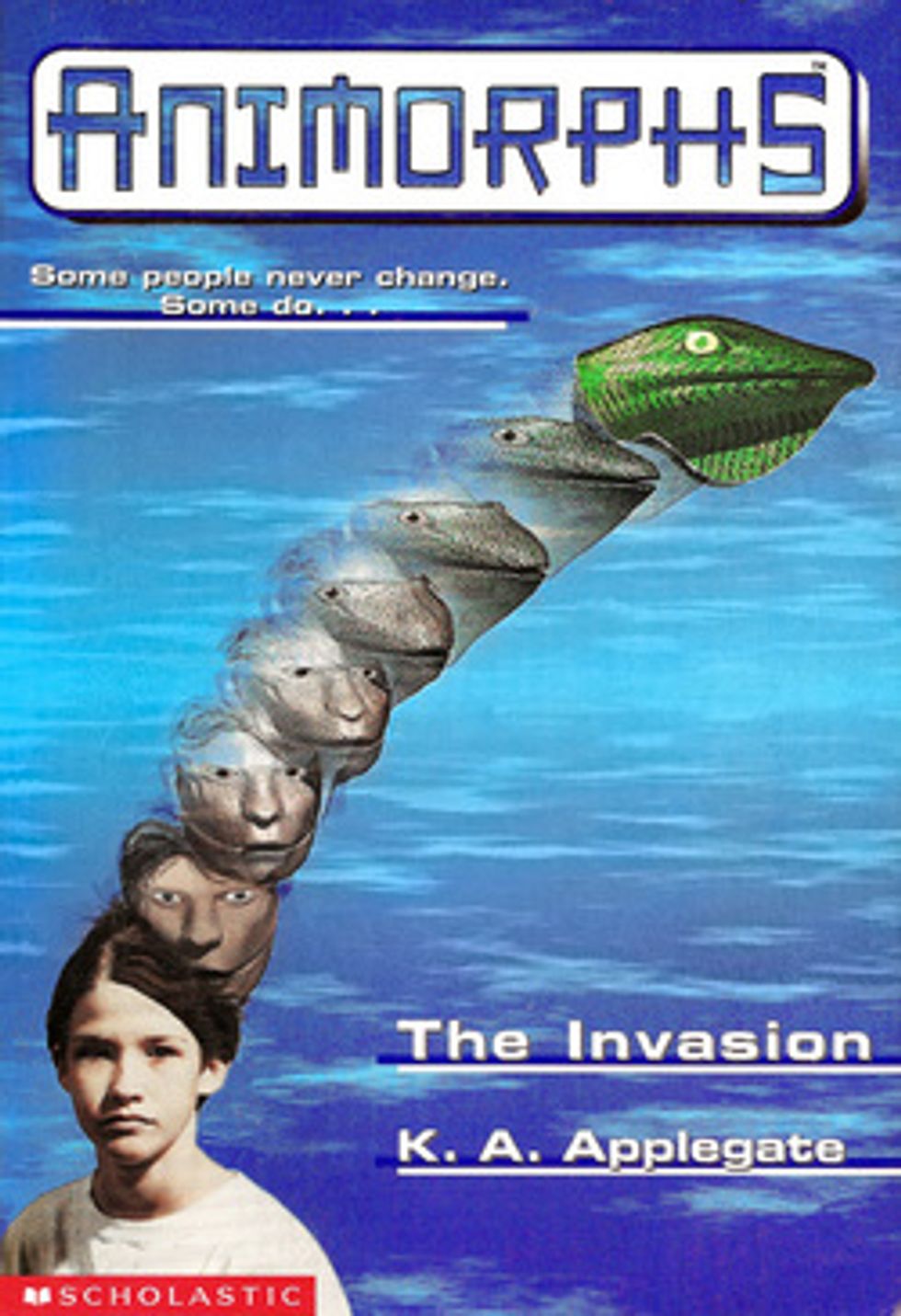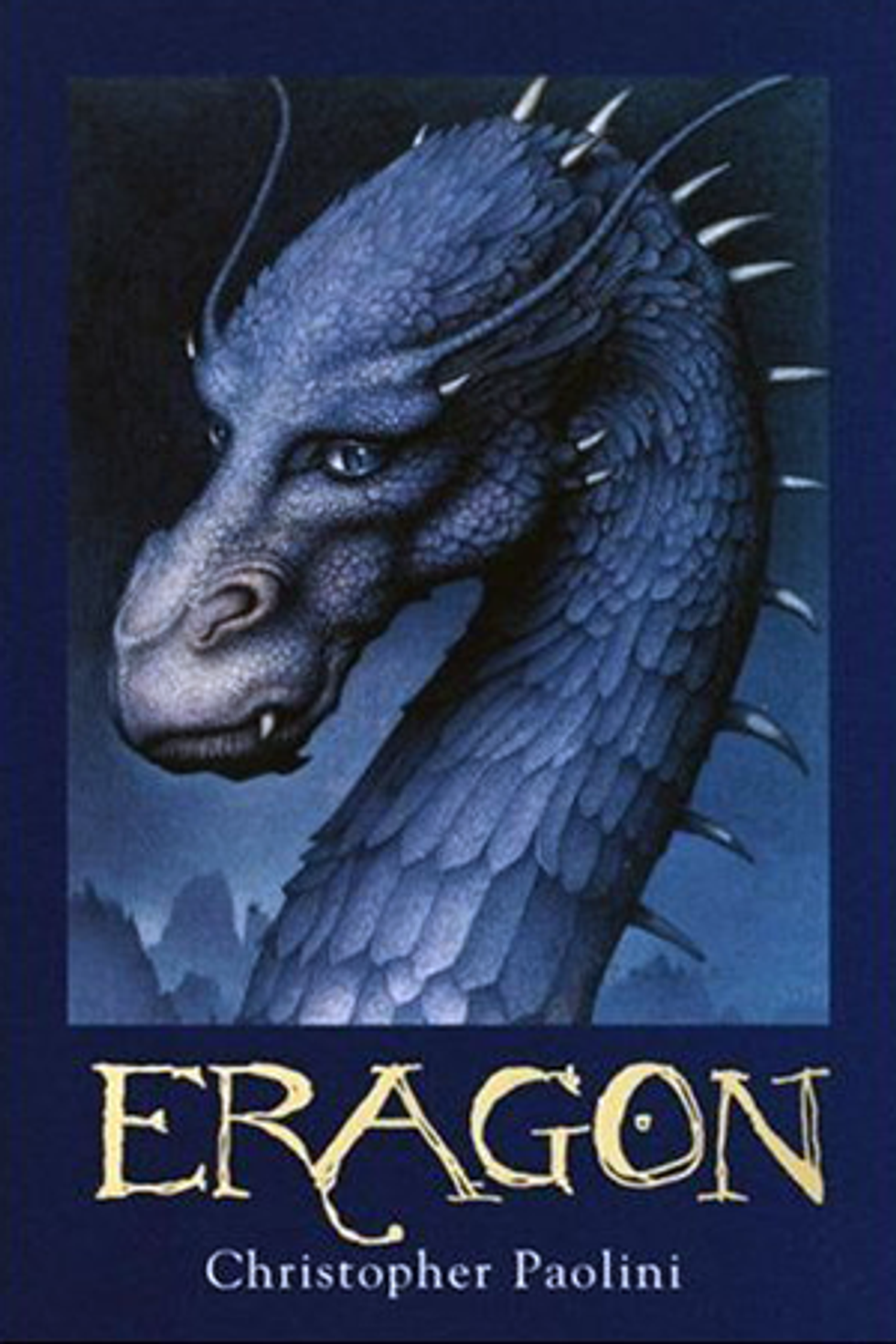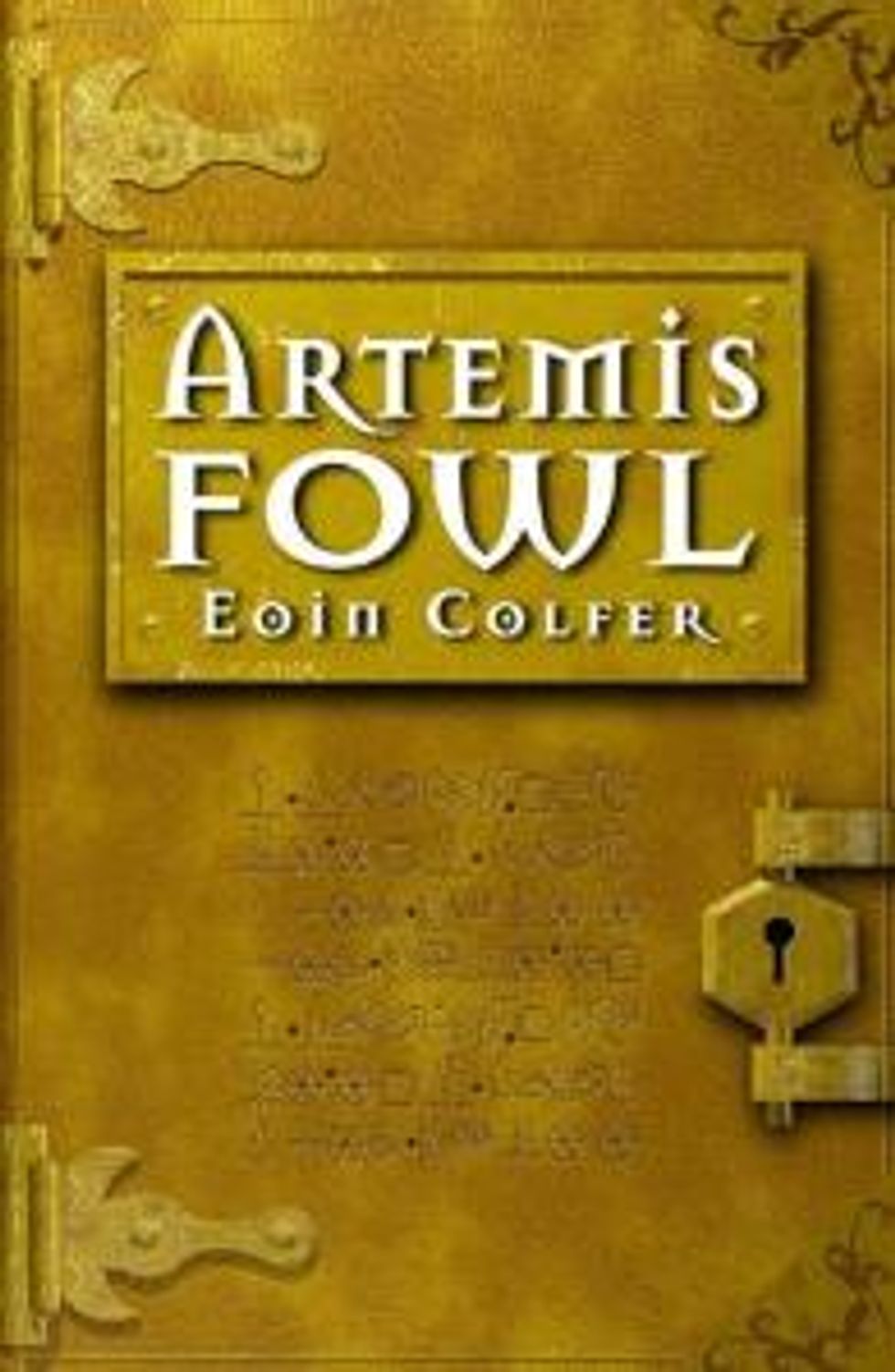For kids, there are so many people telling - no - demanding that you read as much as possible. Being an agreeable child, I acquiesced and dove headfirst into the library (Note: Don't try that at home or the library). Looking back at some of these formative readings, I think I can see that many of these books had long-lasting effects upon my tastes and interests.
1. The Cooper Kids Adventures
Now, I am not a religious person, quite the opposite at times. However, before my family cut ties with religion, I spent a lot of time around churches. I took piano lessons from a wonderful man who taught out of a church, and while waiting for mine to begin, or for my sister's sessions to end, I would wait in the church's library. Among the collection were these strange books, featuring a young brother and sister who traveled the world with their vaguely Indiana Jones-esque father (and maybe uncle?) investigating mysteries and spreading the word of god™. Looking back now, I find it interesting that I kind of ignored the religious overtones and focused on the imagery used: The first book, "The Door in the Dragon's Throat," centered around a massive door which contained a demonic army. Another featured a massive cubic stone (Spoiler: Because god is a cornerstone) that prevented an army from attacking another country. These kinds of images have certainly stuck with me, leading me to the strange and weird fiction of today.
Though now my big question is whether it is as racist as I remember, or if the missionary and imperialistic nature of the kids just came across as demeaning and denigrating of anybody who didn't believe as they did.
2. The Animorphs
These books were the most disturbing and fascinating pieces of literature I've ever laid eyes on. I probably managed to find the first 20-30, and a smattering of random ones after that, and I can say for certain that the insanity and strangeness never lessened. The plot is deranged enough: Mind controlling aliens are trying to take over the universe, and 5 kids with the ability to become animals work together to fight them. Sounds like something you'd see on cartoon network, right? Except for all the parts in the stories where these children are: disemboweled (once a book at least); experience being swatted as a fly - splattered mess and all (they get better, don't worry), a girl is cut in half as a sea-star and ends up splitting into a good version and bad version; and so much more.
Part of the allure for me certainly was the brutal violence. I found it so real, considering most youth literature is very sanitized of any blood or gore. But it was also very inspiring: 5 children with nothing more than the ability to become animals, using guerrilla tactics and espionage can take on a universe-crossing empire. The covers certainly help too.
3. Eragon
I'm not going to lie: I never finished this series. I think I made it to the third book and quietly gave it up. Though by now, the series is most well known for having another example of an awful book-to-film movie, at the time it came out it was most well known for being written by a teenager. It sold incredibly well, and with good reason: The characters are interesting (maybe not the protagonist), the magic is vivid, and the plot suitably epic. A young boy finds a dragon egg, and develops magic abilities thanks to his bond with her/he runs off to fight an evil dragon-riding emperor? Hell yes!
I loved this book because the magic was split between logic (you still put in energy equal to the action) and chaos (Dragons can do whatever they want sometimes). It made so much sense in the ways it limited, but also empowered the titular hero. He couldn't control the entire world around him, but he could do incredible things, and that was an important thing to learn as I developed as a writer: if you're going to have magic (or advanced science) it needs to have clear and concise limits.
4. Artemis Fowl
That cover above still fills me with memories. Artemis fowl is a twelve year old boy. He is a genius, and is the heir to an incredible fortune. And he believes in fairies. But of course they're real. He forges a master plan to capture a a fairy and hold it hostage for gold. But the story grows to be so much more interesting and complicated than that. Much more poignant. His characters match the complexity of the plot, even the side-characters are bursting with personality and color. The Butler that goes by Butler is an imposing manservant, and he shows more than just servitude. Even the angry commander Root has his moments of kindness.
This book ignited a passion for modern fantasy that lasts to this day. Eoin (pronounced "Ian") Colfer provides unique and vivid twists to the old myths of dwarves, elves, gnomes, and pixies. Dwarves that tunnel like worms, magic that is scientific as well as mystic. The mythos of the series is well thought out, showing how the fae were forced underground, and explains how they survive beneath the earth.This series spans 6+ very long novels, each one building to be more and more interesting. The villains are never just villains, and there is always another angle or twist coming. This book showed me that writing for children doesn't mean simplifying characters or plot. Life is complicated, and kids get that.
These are just a few of the books I read a long time ago that still affect me to this day (for better or worse). I think it's amazing the things that have come back to me while writing this, remembering what I loved and hated about some of these books. Let me know what books have left a lasting impression on you!




















